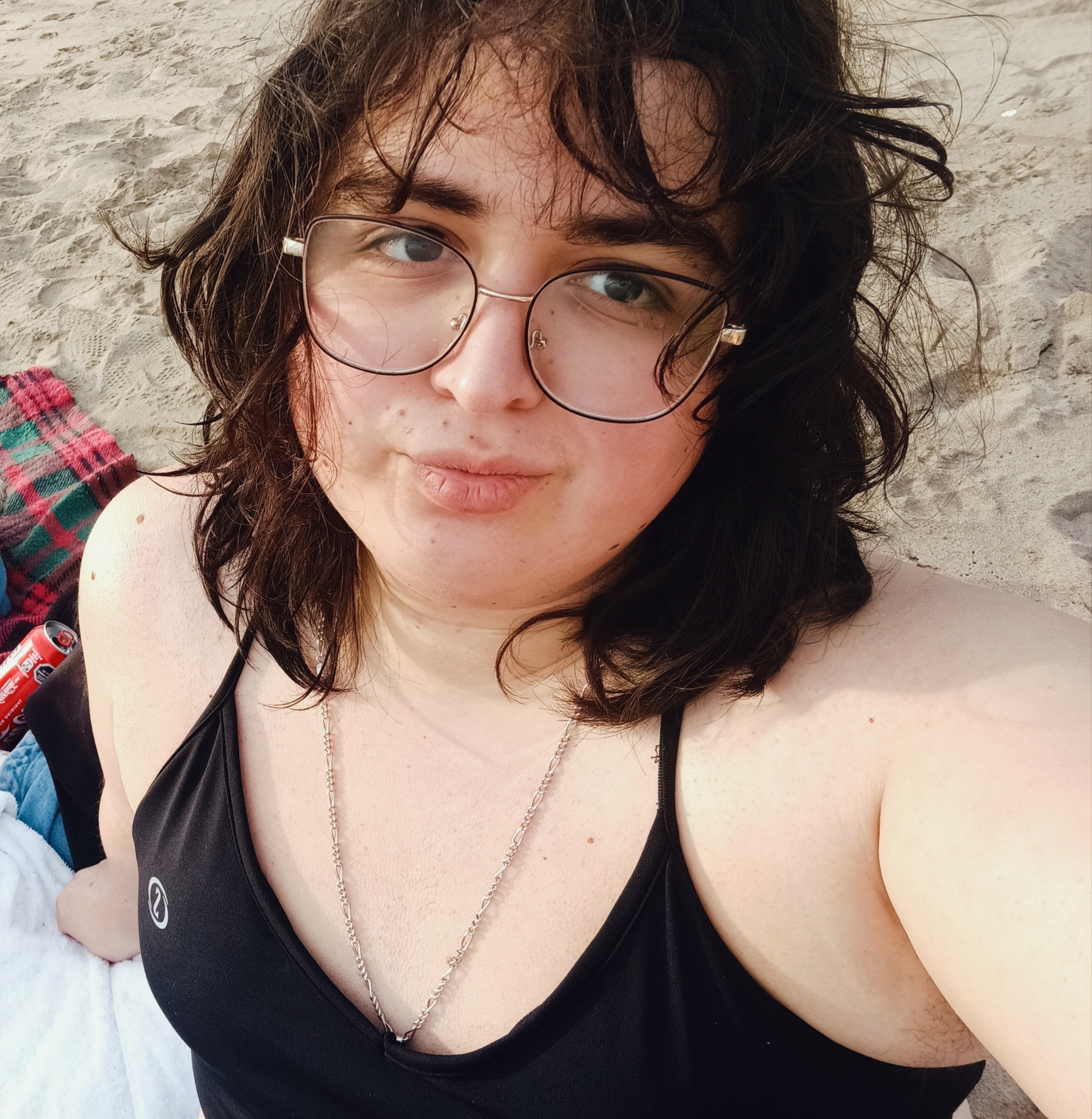Alright – so today we’ve got the honor of introducing you to Jesusa Diaz. We think you’ll enjoy our conversation, we’ve shared it below.
Jesusa, looking forward to hearing all of your stories today. The first dollar you earn is always exciting – it’s like the start of a new chapter and so we’d love to hear about the first time you sold or generated revenue from your creative work?
We were in the midst of a pandemic here in Chile.
A couple of years ago, I had dropped out of college. I was studying animation and felt that the quality of the program in my country did not meet my expectations. I was working at fast food restaurants until, watching time pass between orders of Big Macs and fries, the idea kept running through my head that I should be using that time to draw comics.
I left the restaurant, and with my departure came the pandemic. From then on, I dedicated myself tirelessly to improving my portfolio until, in early 2021, I managed to get my first client.
Michael Turnbull, a filmmaker from England who wanted to see one of the films he had made in comic book form. I wasn’t sure whether to apply for his job offer because he described the project as a horror comic, and my art, like me, has always shied away from established genres. It has always been very difficult to classify, which is probably why I was selected. The work was called Sea Monster Funeral and was about a man who hired a sex hotline operator to help him travel the coast of England and save his daughter from a sea monster. Michael probably saw in my work what was needed to explore that madness and the subtext of grief, of not being able to let go of what has been taken from you, of looking for someone to blame, even if it’s on the horizon.
I remember being paid $55-60 per page of ink. I didn’t have digital tools, so I drew everything traditionally and then scanned it. At one point, we ran out of budget and couldn’t continue the comic, but for me it had been enough. That first project gave me the self-esteem and confidence to keep going and keep searching. I am grateful to Michael for being the first person to believe in me. I hope it was worth it for him too.
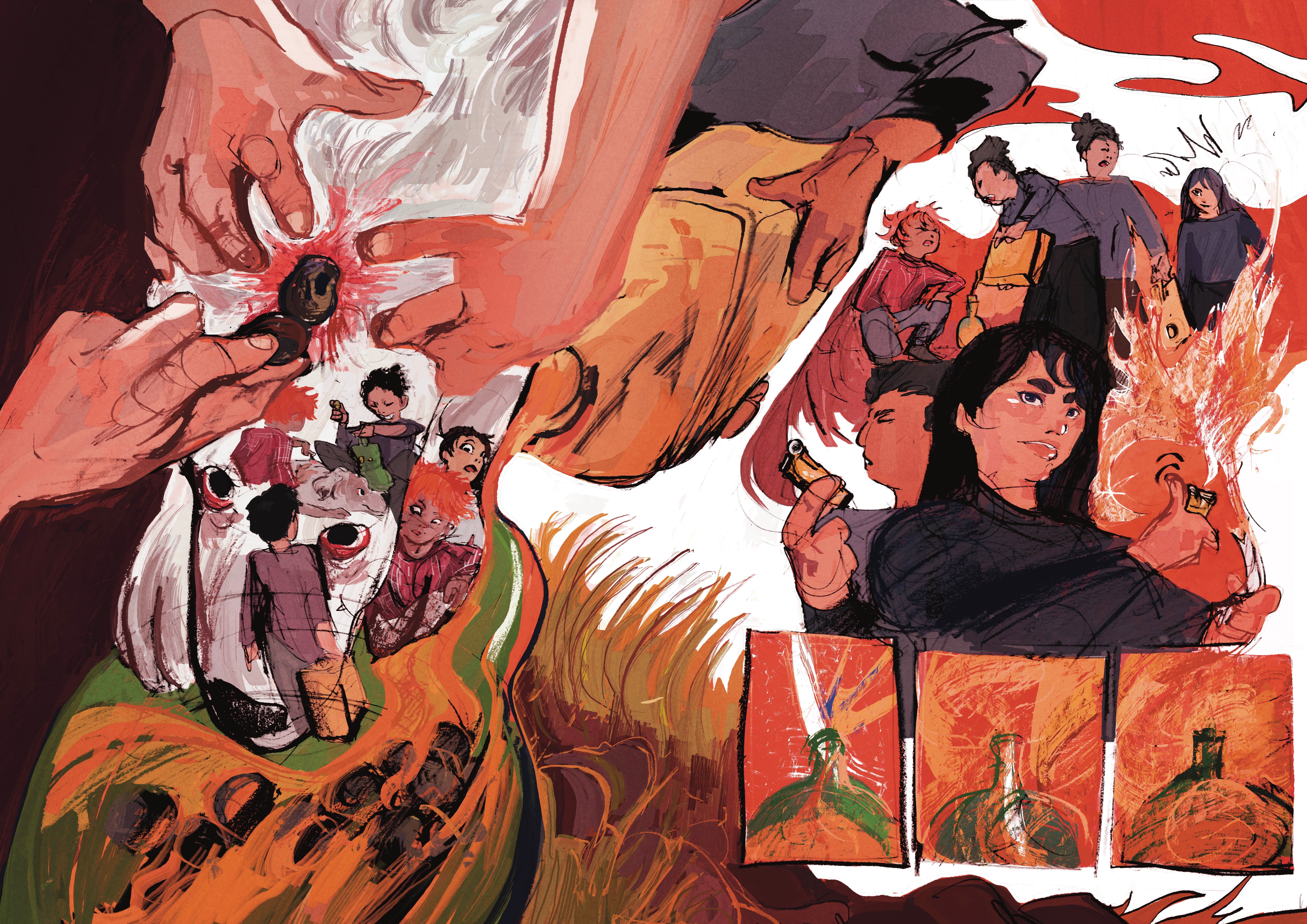
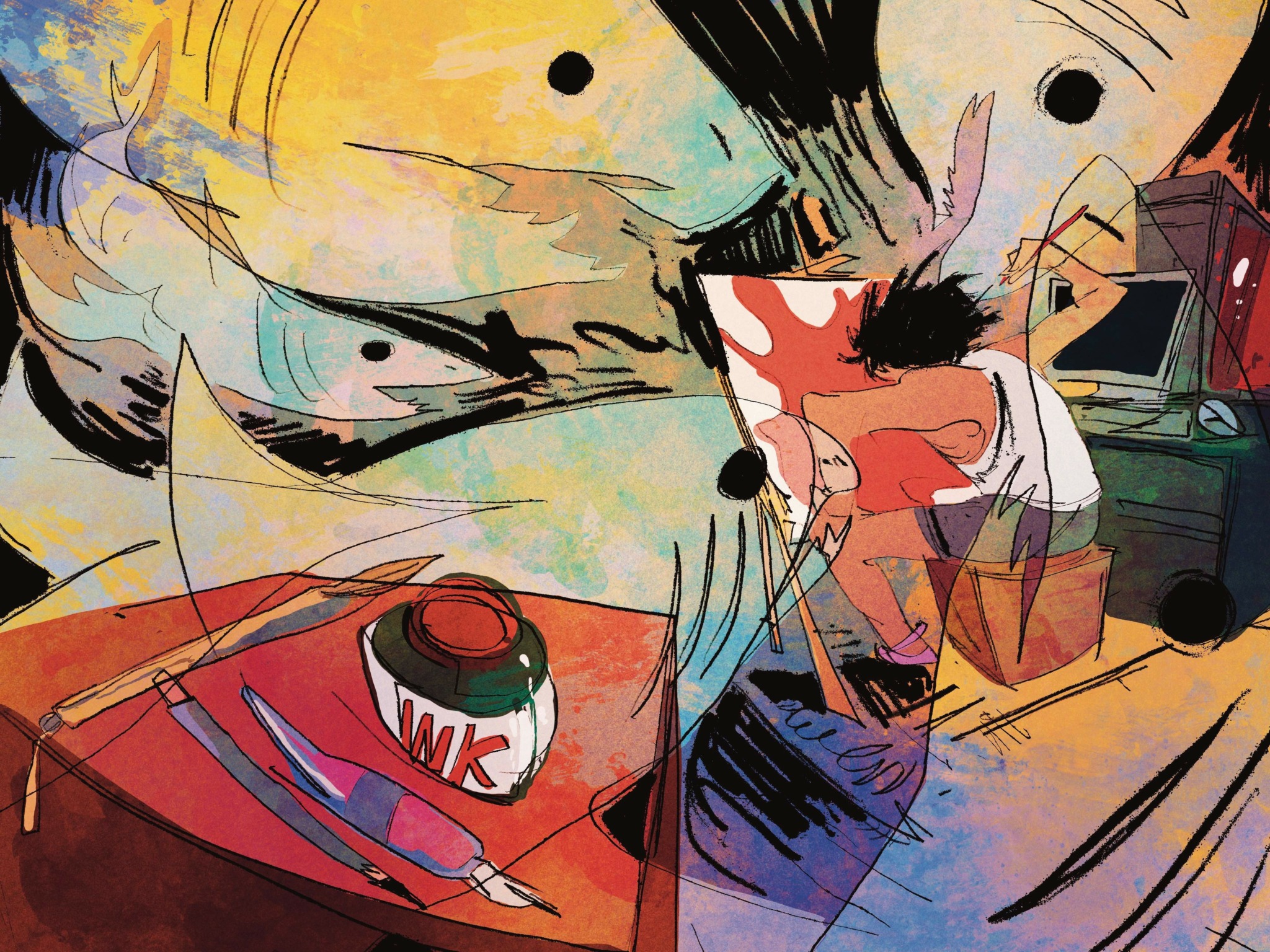
Awesome – so before we get into the rest of our questions, can you briefly introduce yourself to our readers.
I am a comic book artist, I also create covers and illustrated books, I know how to write scripts and layout books, so I can support the client in all these areas.
I have learned these skills over time. When I started out, I was just an artist capable of delivering ink pages, but during my four years as a professional, I have honed my coloring and storytelling skills. It is always very useful for my clients that I can make narrative decisions based on their writing and support them with feedback on length and writing.
Scripts always have to be written like a love letter to the artist, as they are the first to read it and the ones you have to captivate. That way, the artist can captivate your readers with the art in the book. My clients value my attention to detail and my willingness to make the necessary corrections. I do them gladly because I am always lucky enough to attract clients with good judgment with whom I share a love for creating great work.
I strive to give the client confidence that the work will not be abandoned or scammed, so even if the work takes a long time, I send progress updates regularly, constantly asking about visual references and details that the client wants included in the art, to lighten the documentation process for me and to ensure that their vision is correctly reflected in the work.
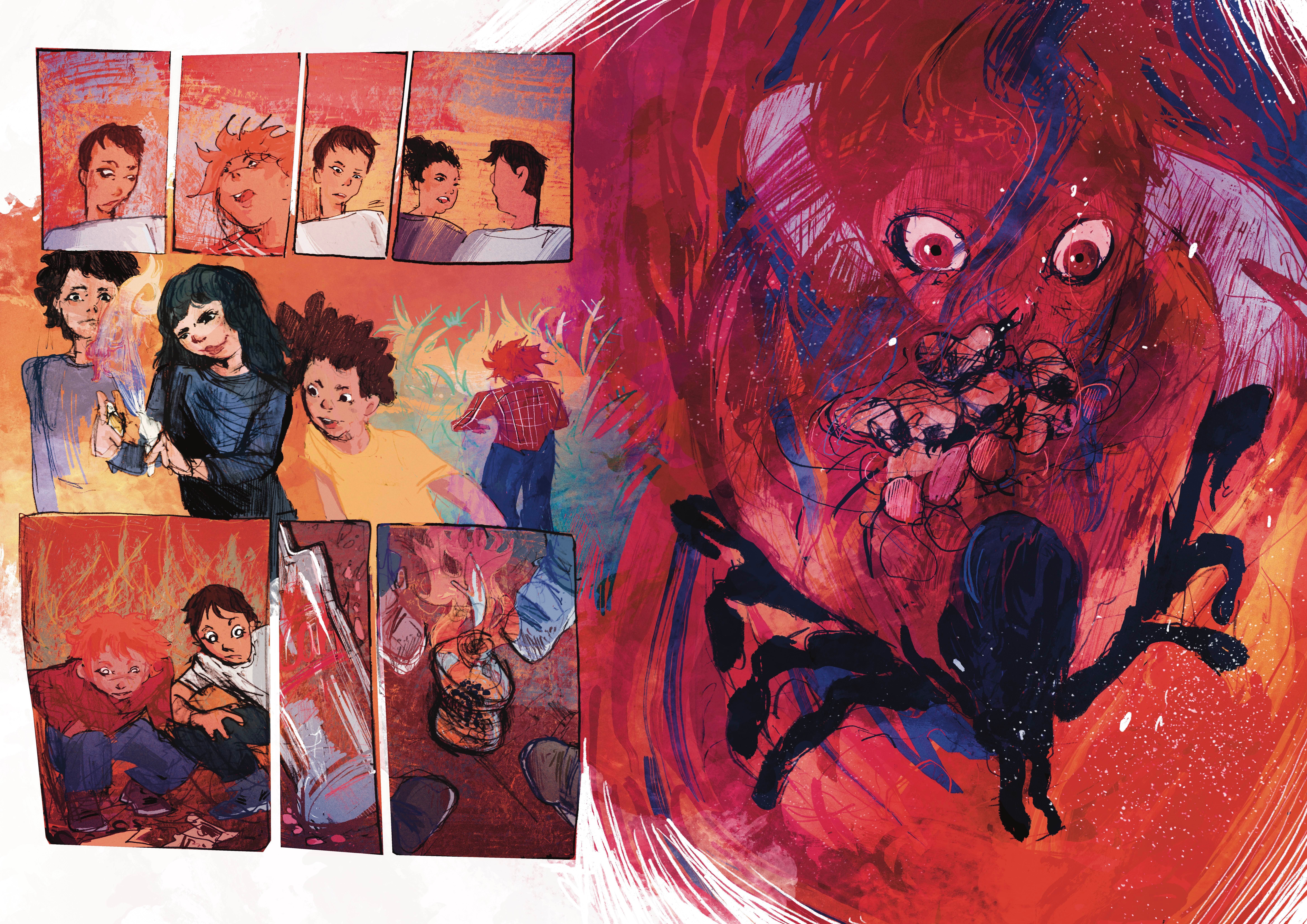
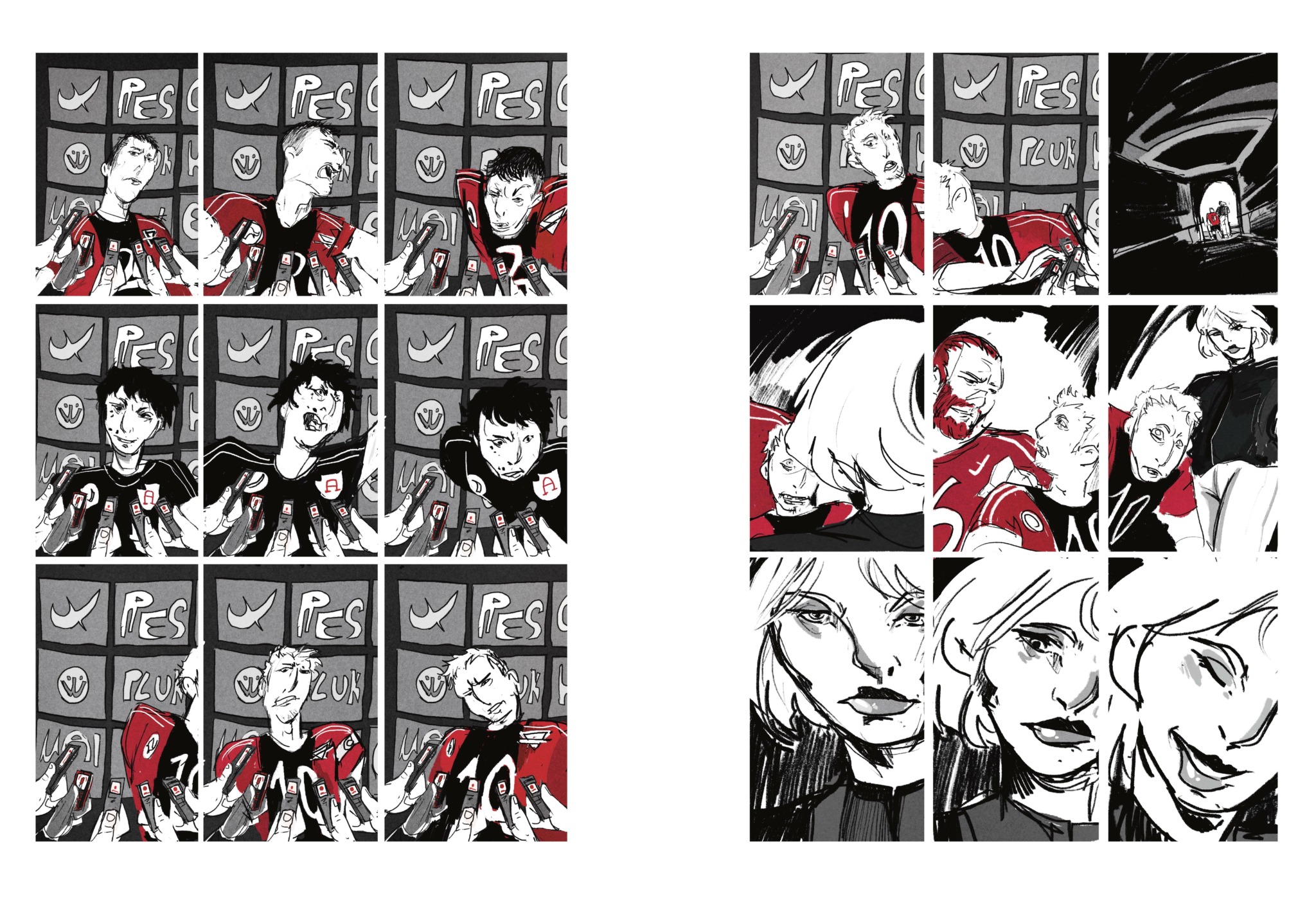
Let’s talk about resilience next – do you have a story you can share with us?
I have the best job in the world.
I’ve always had a natural connection with comics and books; it’s always been something familiar to me. Seeing myself today as a professional in the field would make the pragmatic girl I used to be very happy. She tried to see everything logically and completely dismissed the idea of dedicating her life to art.
Psychologically, I always had a complex life, and a little stability wouldn’t have hurt. But a depressive crisis at age 13 shattered my desire for a more normal life and plunged me into an abyss from which I recovered by turning to fiction, anime, manga, movies, and video games. Over time, it seemed absurd to me that, with all the talent I felt I had, I was wasting my time just consuming when I could be creating. And well, here we are.
The psychiatric crises have recurred, but thanks to Chile’s public health system and my family, who, unlike the pragmatic girl, never denied me the idea of being an artist, because unlike me, they, my classmates, teachers, and friends all saw that it was inevitable that I would end up drawing comics. When nature calls, you have to answer; denying the call only delays things.
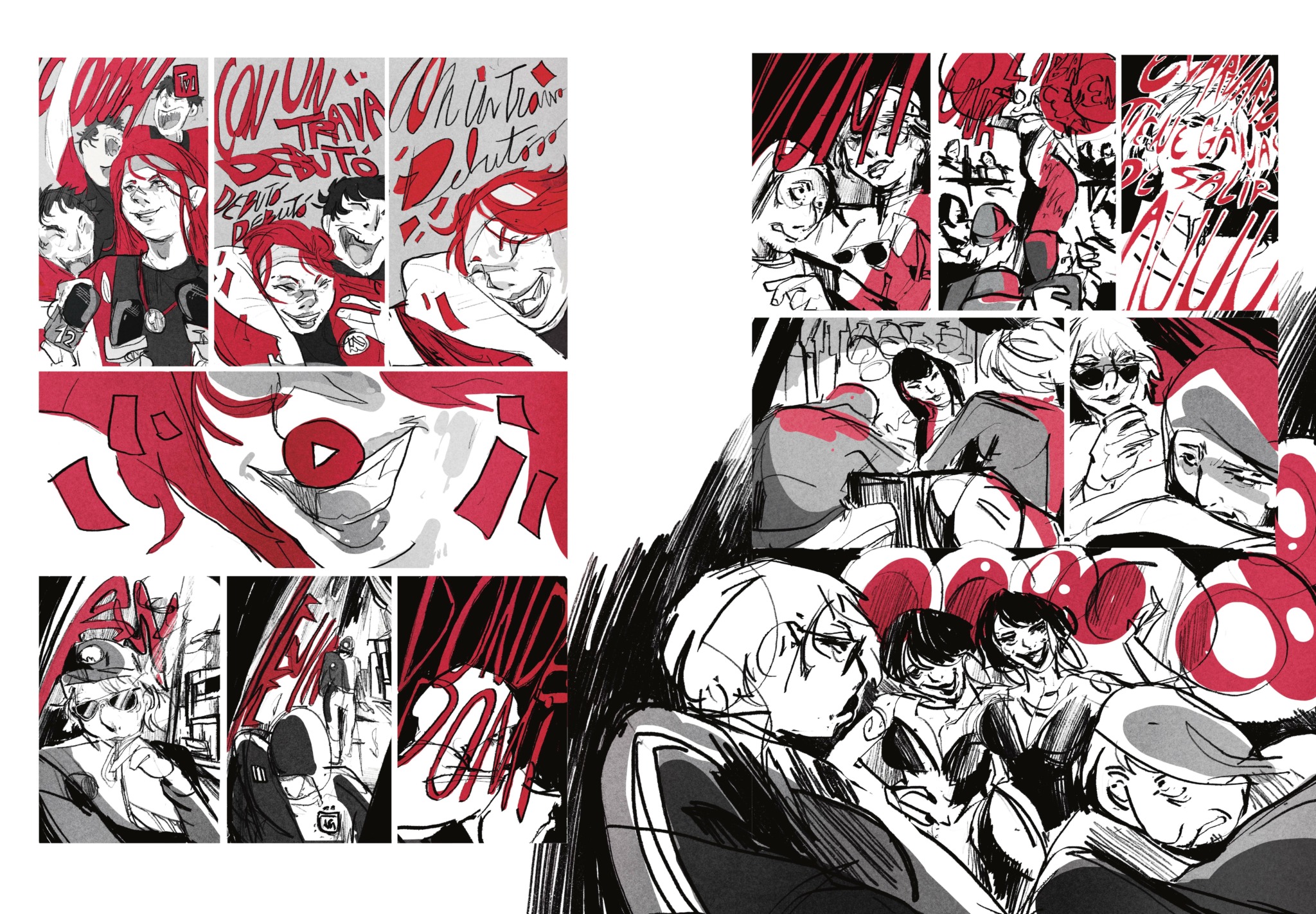
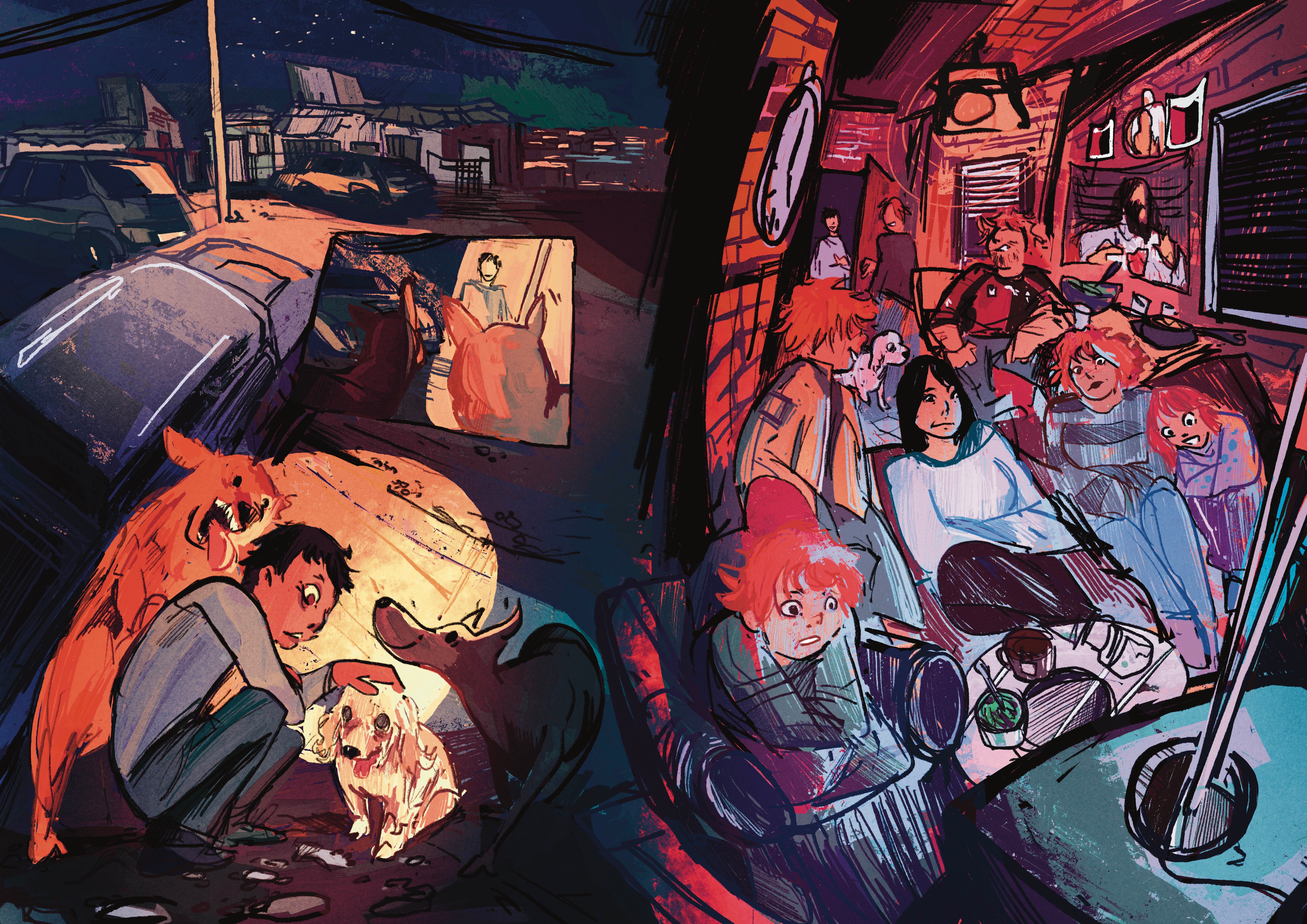
In your view, what can society to do to best support artists, creatives and a thriving creative ecosystem?
I wouldn’t know how to propose a public policy that would improve our lives,
but I can assure you that material stability is very useful for artists. There is a belief that art of great depth and quality is achieved through a life of suffering, and that is true, but not in the sense that everyone thinks.
A lot of artistic potential can be extracted from suffering, but from emotional suffering that has been subjected to analysis. A ruminating idea that torments you can be an incredible source of documentation for conjuring up a unique narrative, But you can only do that when you are dying of grief and not of hunger. If your main concern is paying the rent so you don’t end up on the street, it will always be difficult to be an artist. It takes a lot of privilege to succeed in this field. in some areas of art more than others.
I wouldn’t judge anyone who has abandoned their artistic passion in order to survive, because the truth is that I have been lucky. I could say that I have earned what I have, but I don’t believe enough in free will for that. I think I have been lucky to be able to devote my life to art, and I hope that if you are an artist reading this, you can be lucky too.
Contact Info:
- Website: https://lajesuza.carrd.co/
- Instagram: @la_jesuza
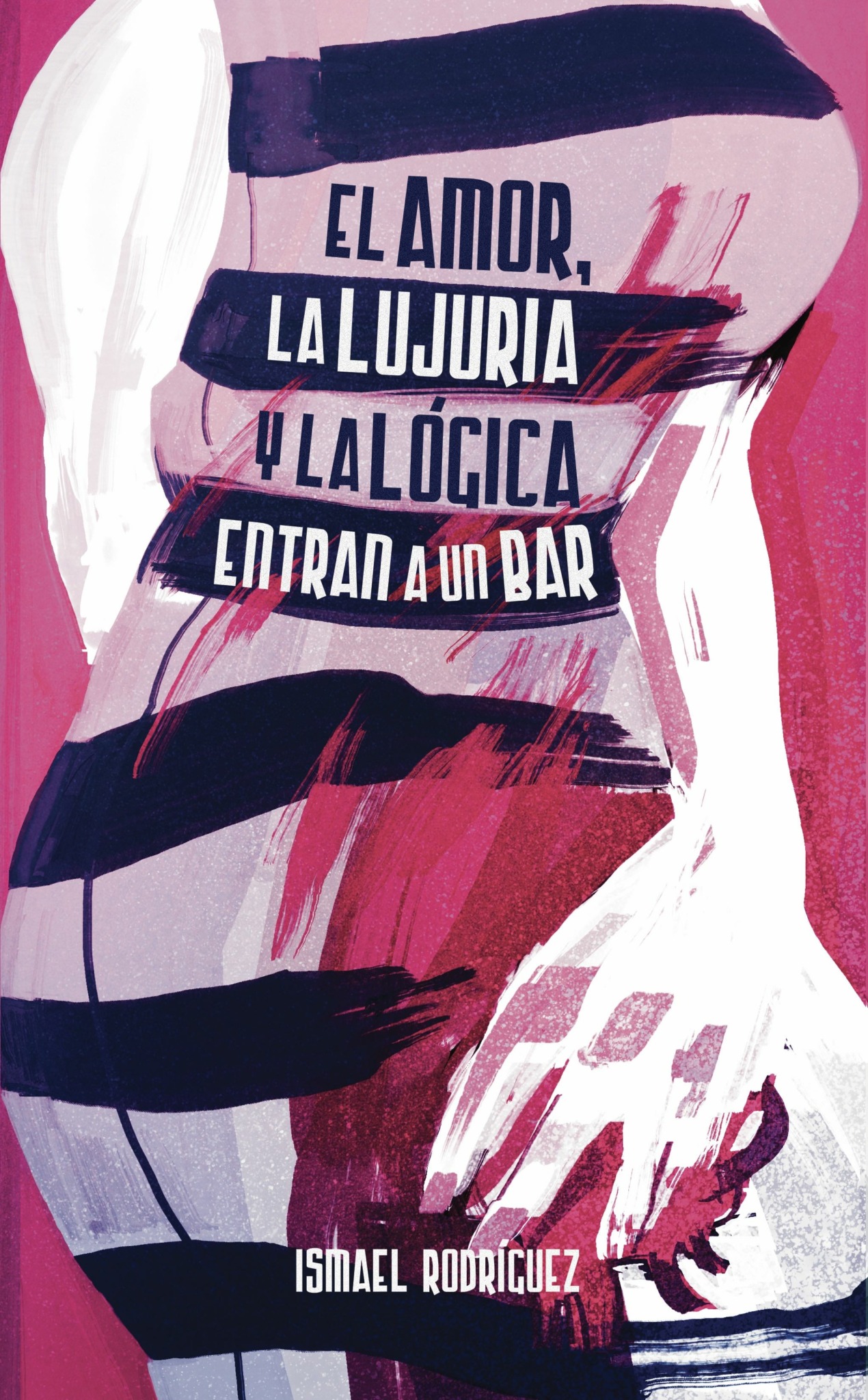
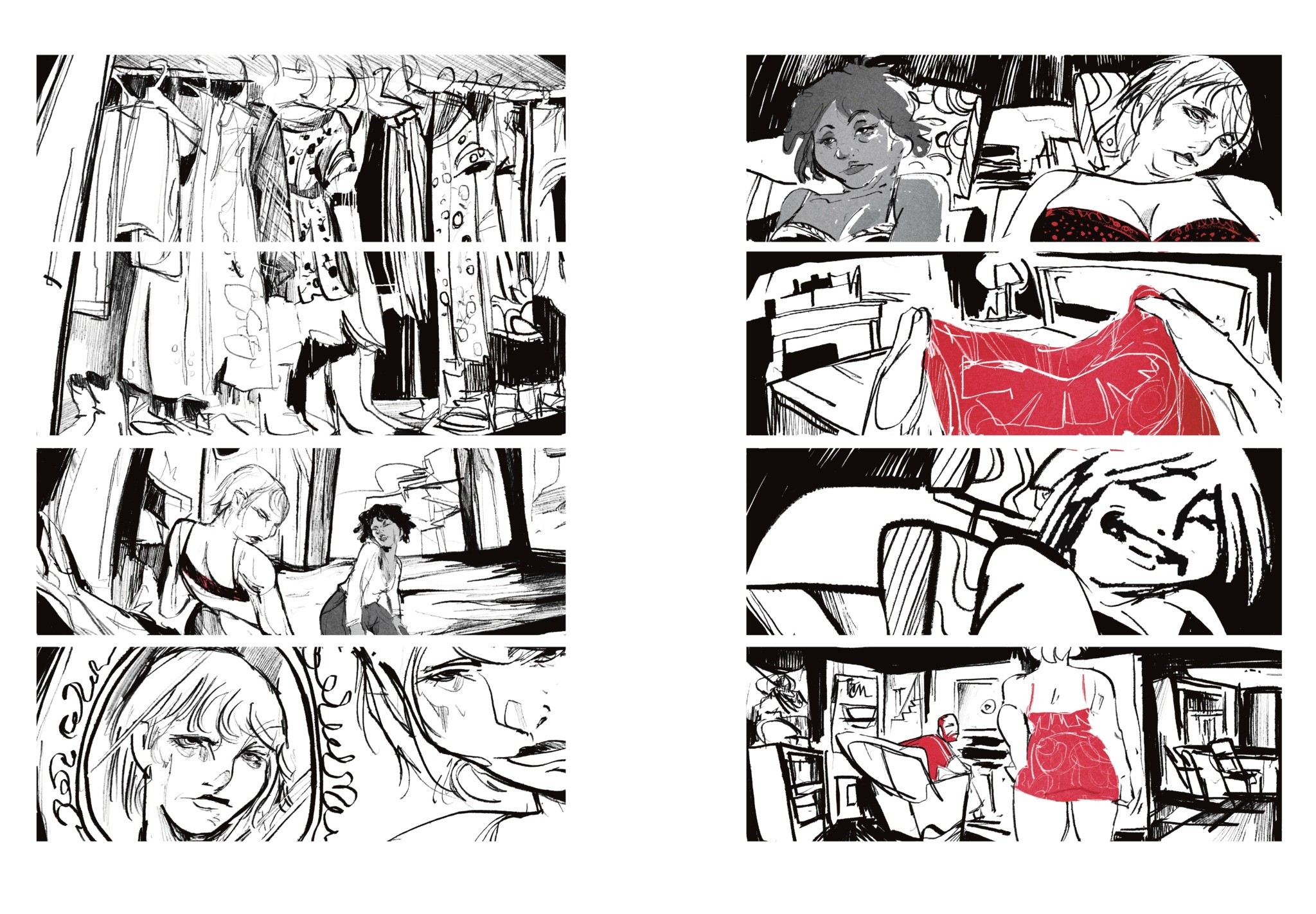
Image Credits
Writers in the comics:
Ismael Rodriguez
Zach Young
Demian Espinoza


